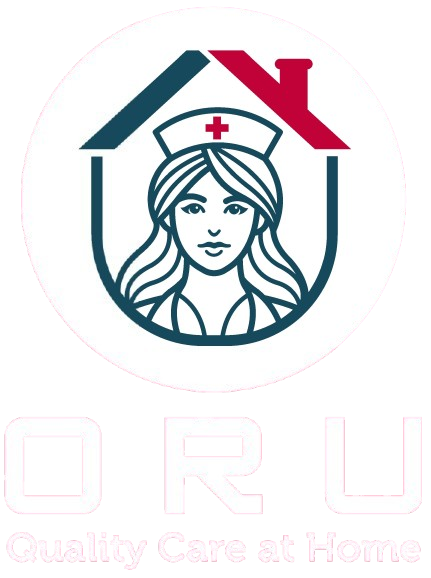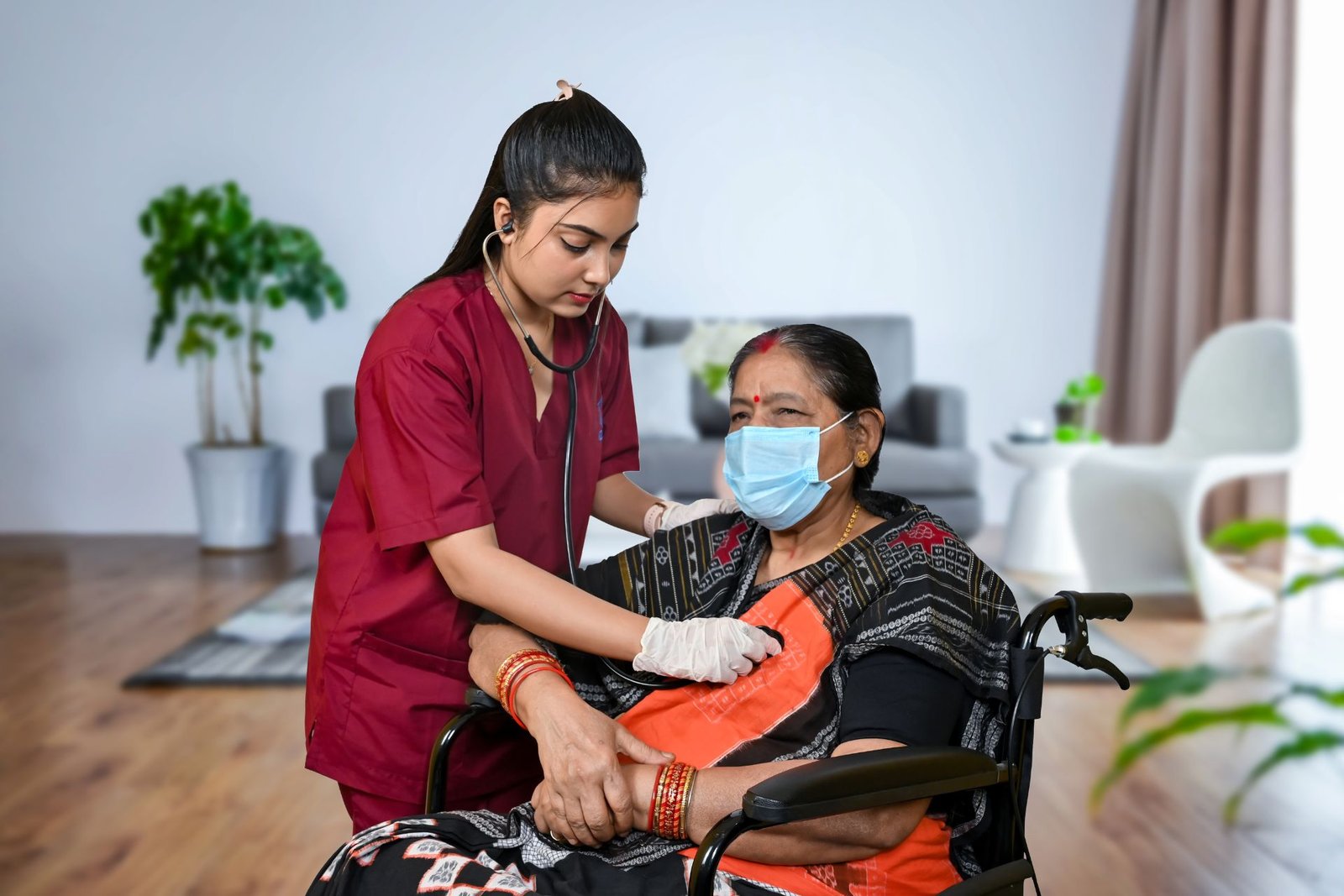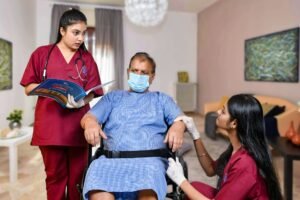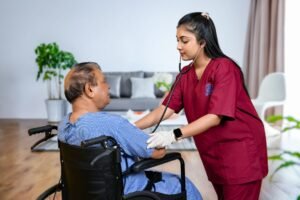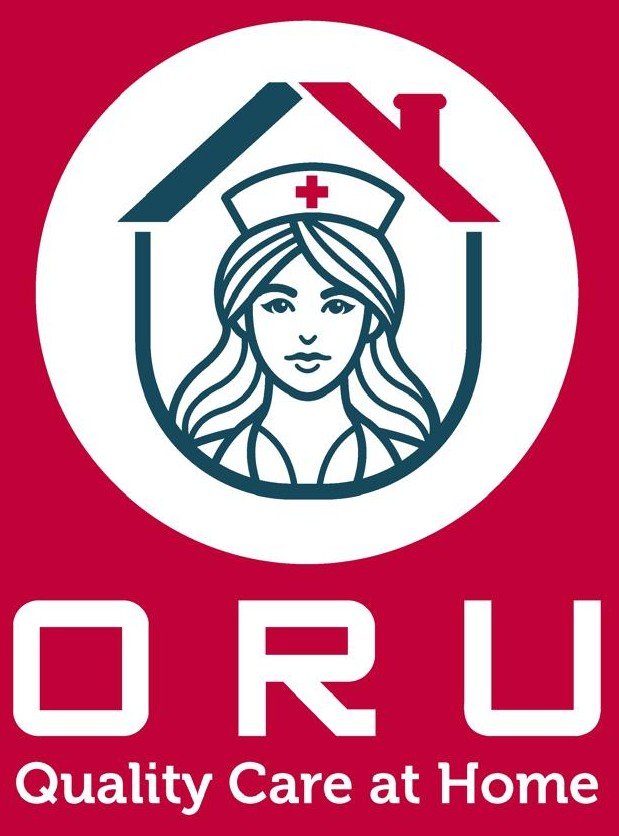Introduction
Recovering from a stroke is a challenging journey—one that requires not just medical care but strong emotional and practical support from loved ones. Family and friends play a critical role in helping stroke survivors regain independence, stay motivated, and avoid isolation.
In this blog, we’ll explore:
✔ Why emotional support is just as important as physical rehab
✔ Practical ways friends & family can assist in recovery
✔ What NOT to do (common mistakes to avoid)
✔ How to take care of yourself as a caregiver
Why Your Support Matters More Than You Think
Research shows that stroke survivors with strong social support recover faster and have better long-term outcomes. Here’s why your role is crucial:
✅ Boosts Motivation – Recovery is exhausting. Encouragement keeps them going.
✅ Reduces Depression – Isolation worsens mental health; companionship helps.
✅ Improves Rehabilitation – Practicing speech/movement with loved ones reinforces therapy.
✅ Prevents Secondary Complications – Help with medications, diet, and mobility reduces risks.
How Friends & Family Can Help: A Practical Guide
1. Emotional Support: Be Their Cheerleader
- Listen without judgment – Frustration and grief are normal. Let them express emotions.
- Celebrate small wins – Even minor progress (holding a spoon, saying a full sentence) is huge.
- Avoid pity – Encourage independence instead of doing everything for them.
2. Assist with Rehabilitation
- Help with exercises – Practice walking, stretching, or speech drills together.
- Make therapy fun – Turn rehab into games (e.g., naming objects for memory practice).
- Attend doctor/therapy visits – Take notes and ask questions to stay informed.
3. Daily Living Support
- Meal prep – Cook healthy, easy-to-swallow meals if needed.
- Medication reminders – Use pill organizers or alarms to avoid missed doses.
- Safety modifications – Install grab bars, remove trip hazards, and ensure good lighting.
4. Social & Cognitive Engagement
- Encourage conversation – Be patient if speech is slow; avoid finishing sentences for them.
- Play brain-stimulating games – Puzzles, card games, or memory apps help cognition.
- Plan outings (if possible) – Even short trips (park, café) boost morale.
5. Watch for Warning Signs
- New or worsening symptoms (slurred speech, weakness) → Call the doctor.
- Signs of depression (loss of interest, sleep changes) → Seek counseling.
What NOT to Do: Common Caregiver Mistakes
❌ Overhelping – Doing everything for them slows recovery. Let them try tasks first.
❌ Ignoring your own needs – Burnout hurts both you and the survivor. Take breaks!
❌ Pushing too hard – Balance encouragement with rest; fatigue is common.
❌ Neglecting mental health – Depression in caregivers is real. Seek support groups.
Taking Care of Yourself as a Caregiver
Helping a stroke survivor can be overwhelming. Remember:
✔ Ask for help – Delegate tasks to other family members or hire respite care.
✔ Join a support group – Connect with others in similar situations.
✔ Prioritize your health – Sleep, eat well, and take time for hobbies.
Conclusion: Your Love & Support Can Change Their Recovery
Stroke rehabilitation isn’t just about doctors and therapists—it’s a team effort. By providing patience, encouragement, and practical help, you can make a profound difference in your loved one’s recovery journey.
Need caregiving tips or professional home care support? [Contact us] today!
